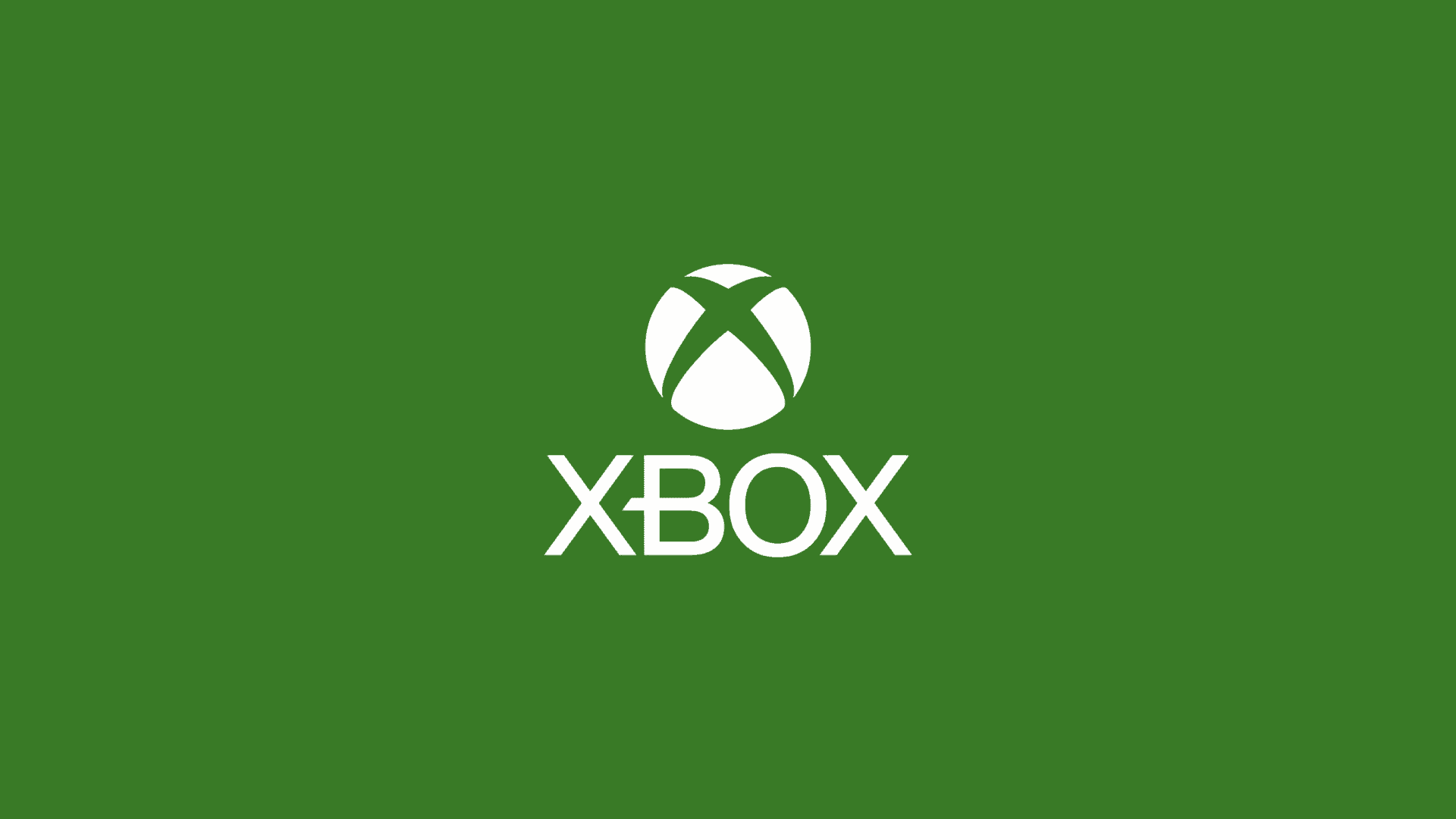Microsoft’s vision for the future of gaming continues to evolve, and at the heart of that vision is the delayed—but very much alive—Xbox Mobile Store. Initially planned for a 2024 release, the store is now on hold due to complex legal entanglements, but Microsoft remains fully committed. This isn’t just a new app—it’s a strategic gambit aimed at breaking the duopoly of Apple’s App Store and Google Play, reshaping how games are distributed and played on mobile devices.
The Xbox Mobile Store is part of a larger push to unify gaming experiences across console, PC, and mobile, giving players access to their digital library, Xbox identity, and Game Pass benefits regardless of platform. By launching as a browser-based platform, Microsoft aims to sidestep the 30% commission cuts and restrictive policies of traditional app stores. That web-first strategy also offers a path onto iOS devices—where Apple notoriously blocks third-party stores—something few competitors have dared to attempt.
Fueling this initiative is Microsoft’s $69 billion acquisition of Activision Blizzard, which brought massive mobile titles like Candy Crush and Call of Duty: Mobile under the Xbox banner. These proven hits give Microsoft an instant foothold in mobile gaming, a sector that now generates over 50% of global gaming revenue. According to CEO Phil Spencer, the end goal is an Xbox ecosystem that mirrors your gaming life across all screens—console, PC, cloud, and mobile.
Still, significant roadblocks remain. Chief among them is Google’s ongoing legal battle over app store monopolies, which has temporarily frozen Microsoft’s plans to distribute the store on Android. While the courts deliberate, Microsoft is refining its mobile experience, including recent updates to the Xbox app that allow purchases and Game Pass redemptions directly from mobile.
Rather than abandon the effort, Microsoft is doubling down. When the Xbox Mobile Store does launch, it could redefine what “platform-agnostic” really means—and force Apple and Google to finally reckon with true competition in the mobile gaming space.
Key Takeaways
- Xbox Mobile Store launch delayed, but still in active development.
- Initial game offerings will include Microsoft titles like Candy Crush and Minecraft.
- Legal challenges, particularly with Google’s Play Store policies, have slowed rollout plans.
- Web-based platform in development to bypass app store restrictions.
- Microsoft aims to extend Xbox identity and rewards across console, PC, and mobile.
Xbox’s Strategic Expansion into Mobile Gaming
Mobile gaming now dominates the global games market, generating more revenue than PC and console gaming combined. Microsoft’s push into mobile isn’t just a side project—it’s a strategic imperative. By entering the mobile space with its own storefront, Microsoft gains control over how its games are distributed and monetized on phones and tablets, freeing it from reliance on the existing app store duopoly.
What to Expect from the Xbox Mobile Store
While the original plan was to launch in 2024, Microsoft hasn’t given up. Phil Spencer has reiterated that the team is still working toward deployment, with a new timeframe likely tied to the resolution of current court proceedings. The Xbox Mobile Store will likely launch with a combination of casual and AAA experiences, tailored for mobile play but linked to your broader Xbox account.
Players can expect a unified experience across devices, including synced achievements, Xbox Live integration, and Game Pass support where applicable. The mobile store will focus on accessibility and cross-platform continuity, two areas where Microsoft already leads with services like Xbox Cloud Gaming.
Impact on the Gaming Ecosystem
If successful, the Xbox Mobile Store could force a shift in how mobile games are distributed, leading to more options and potentially better revenue models for developers. Microsoft has hinted at more favorable terms compared to the standard 30% cut imposed by Apple and Google.
With massive titles like Call of Duty: Mobile, Candy Crush, and Minecraft already under its wing, Microsoft has a unique opportunity to bring huge user bases into its ecosystem immediately upon launch. These popular titles also help Microsoft establish credibility and demand for the mobile store from day one.
Microsoft’s strategy positions it as one of the few companies with the resources and game portfolio to seriously challenge mobile’s gatekeepers. While the launch is delayed, the vision is clear—and Microsoft is playing the long game.







